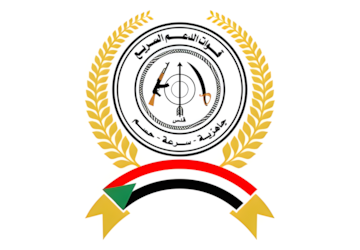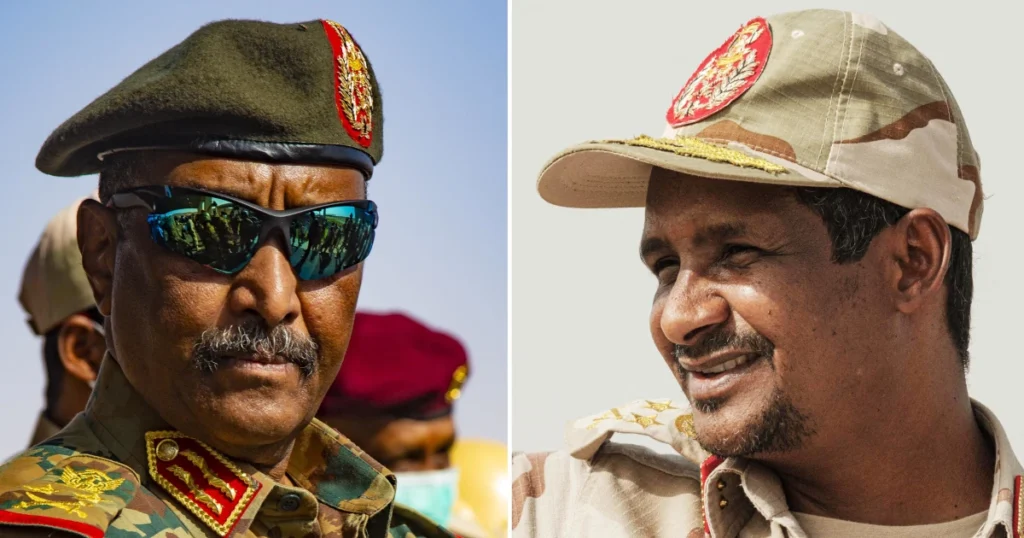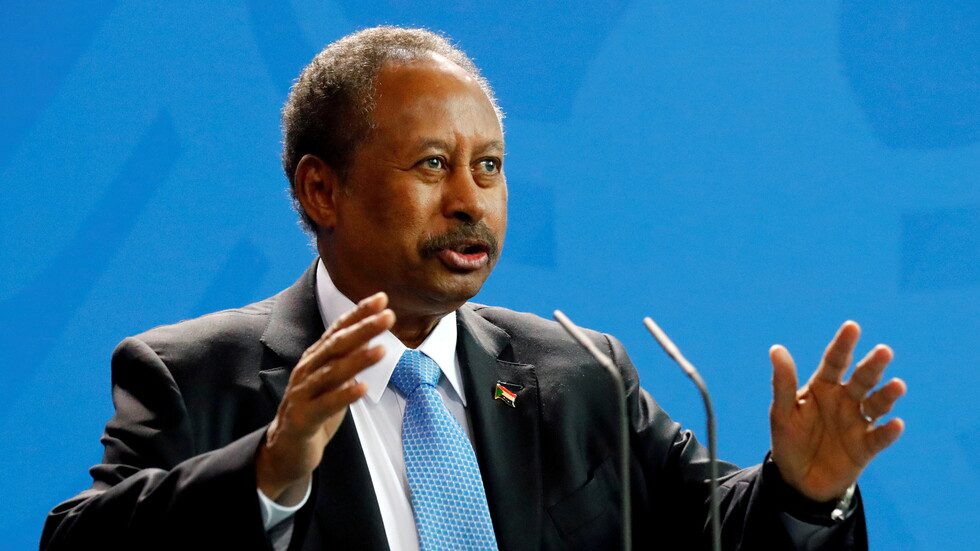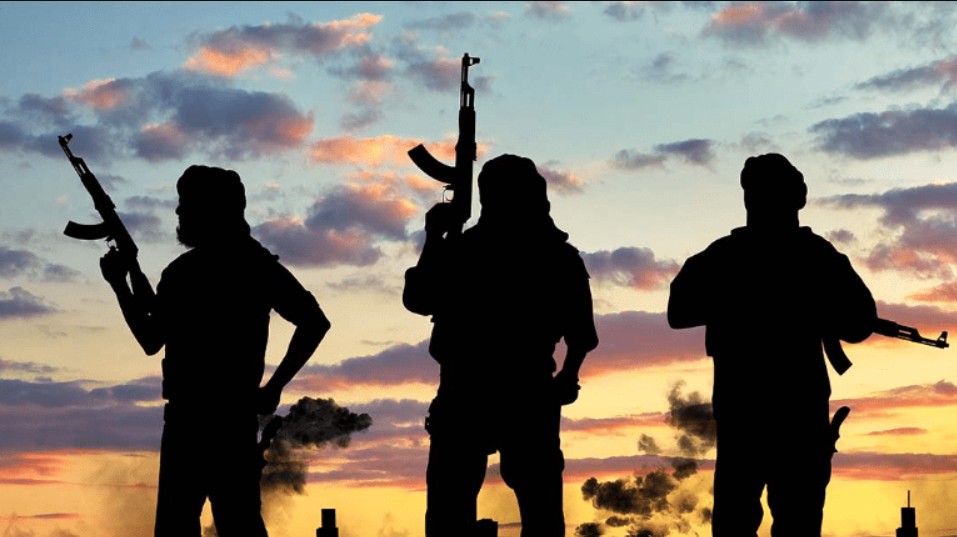
Sudan’s media landscape faces growing constraints as General al-Burhan’s army (SAF) and Islamist factions intensify their control over press freedoms. The latest development saw the closure of the Cairo bureau of Sudania 24 channel, reportedly under direct orders from the SAF-backed government aligned with the Muslim Brotherhood based in Port Sudan.
The decision came after Sudania 24 aired an episode featuring Sharif Mohammed Osman, the political secretary of the Sudanese Congress Party. During the program, Osman articulated his party’s stance and that of the Taqaddum coalition regarding the ongoing conflict in Sudan. He also criticized narratives promoted by the Muslim Brotherhood and remnants of the ousted regime, accusing them of falsely linking the coalition to support for the Rapid Support Forces (RSF), according to Al-Rakoba newspaper.
Reliable sources confirmed that the channel’s management terminated operations for all nine staff members at its Cairo office. The abrupt closure has raised concerns about the future of independent journalism amidst mounting political and media restrictions, with critics highlighting the Muslim Brotherhood’s dominance over decisions in the military and government.
In a related crackdown, the SAF detained journalist Ahmed Youssef Al-Tay, prompting calls for his immediate release. “Journalism is not a crime, and freedom of expression is a right,” said Sudanese Journalists’ Union President Abdulmonem Abu Idris on social media platform X (formerly Twitter).
Authorities in Sinnar State reportedly arrested Al-Tay in Al-Dinder and transferred him to Singa after he published an article criticizing celebrations involving individuals who had defected from the RSF and surrendered to authorities.
Observers note that the SAF seeks to enforce strict narratives, silencing any criticism or coverage it deems unfavorable. This latest wave of suppression underscores the challenges facing media professionals and institutions striving to operate independently in Sudan’s volatile political climate.




